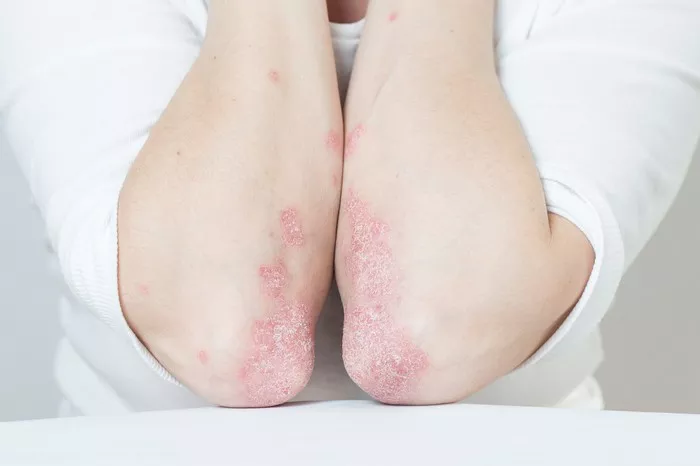A recent analysis from the SUNSHINE (NCT03713619) and SUNRISE (NCT03713632) phase 3 trials has revealed promising results for secukinumab in treating moderate to severe hidradenitis suppurativa (HS). The findings, presented in a poster session at the Society for Dermatology Physician Associates (SDPA) 22nd Annual Fall Dermatology Conference in Las Vegas, highlighted significant improvements in both HS symptoms and psychiatric comorbidities among patients receiving the treatment.
The post hoc analysis included data from 1,084 patients who were randomly assigned to receive either a placebo (363 participants) or secukinumab 300 mg administered every 2 weeks (361 participants) or 4 weeks (360 participants) for the first 16 weeks. After 16 weeks, placebo recipients were switched to the active treatment groups, while those originally receiving secukinumab continued their regimen. The study’s participants were predominantly female (56.3%) with a mean age of 36.2 years. All had moderate to severe HS at the study’s onset. Initial findings from the trials indicated that secukinumab provided sustained efficacy, improved quality of life, and a favorable safety profile over the study duration.
A key aspect of the analysis was its focus on psychiatric comorbidities, which were not excluded from the study. Upon enrollment, participants reported a range of medical and psychiatric conditions, with depression and anxiety being the most common. The prevalence of these conditions was notably higher in the study population than in the general population—9.8% for depression compared to 3.8%, and 7.1% for anxiety compared to 4%. Approximately 14% of participants were also taking antidepressants or anxiety medications, with serotonin reuptake inhibitors (7.5%) and benzodiazepines (4.4%) being the most frequently used.
The European QoL 5-Dimension (EQ-5D) questionnaire was used to assess mood and anxiety throughout the trial. At 16 weeks, a greater proportion of secukinumab-treated patients reported feeling “not depressed or anxious” compared to those on placebo. This improvement was sustained through the 52-week mark, with those who transitioned from placebo to secukinumab also experiencing significant benefits.
In addition, the researchers utilized the HS Symptom and Impact Diary (HSSID) to further explore how HS affected patients’ emotional well-being. The diary asked participants to rate the emotional impact of their symptoms on a scale from 0 to 3, with 3 indicating the greatest emotional toll. Both treatment groups, regardless of preexisting psychiatric conditions, showed improvement, with those on active treatment demonstrating the most significant and sustained emotional benefits over the course of the study.
The study also monitored psychiatric adverse effects. Overall, serious psychiatric events were rare across the treatment groups. However, two cases of suicidal ideation and one suicide attempt were reported, all in patients with a history of depression who were receiving psychiatric treatment before the trial began. Depression (not classified as major depression) was the most common adverse event, followed by insomnia and anxiety.
In conclusion, the researchers emphasized that the positive outcomes seen in patients treated with secukinumab, particularly regarding their mental and emotional well-being, are likely a result of the holistic improvements in HS symptoms. These findings underscore the broader benefits of secukinumab treatment for patients with HS, extending beyond skin-related symptoms to include mental health improvements.
The full results of the study are expected to offer further insights into secukinumab’s potential as a comprehensive treatment option for patients with HS, especially those with concurrent psychiatric conditions.
Related topics:
























